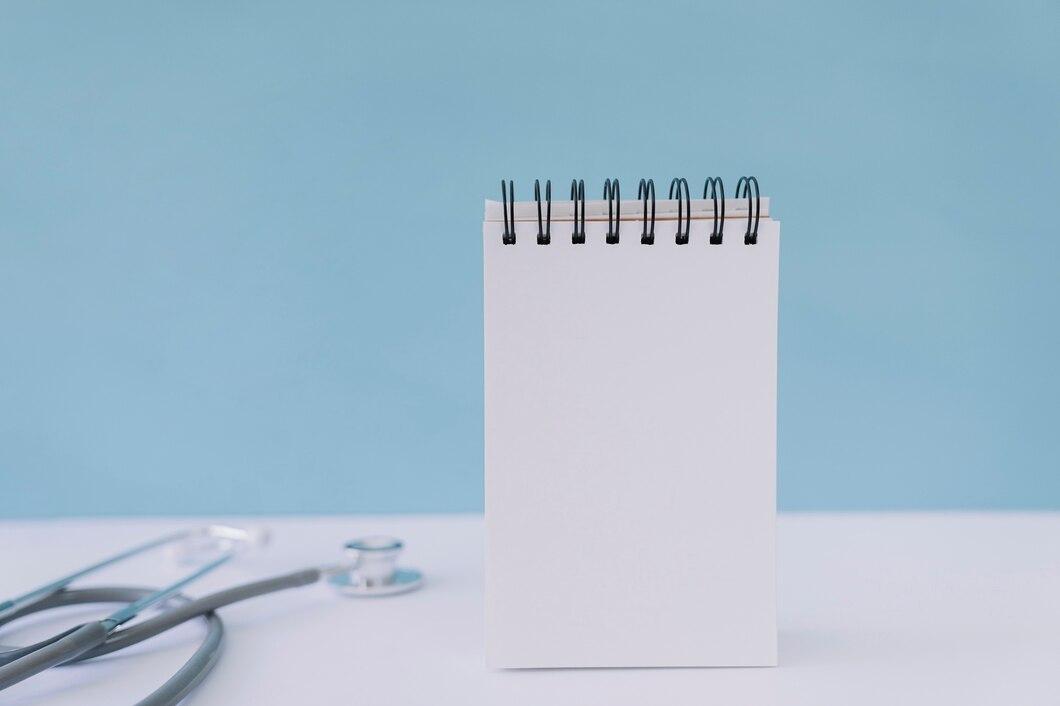The urinary system is essential for filtering waste and maintaining the body’s fluid balance, consisting of the kidneys, bladder, ureters, and urethra. However, this vital system is prone to bladder infections and kidney infections, two common forms of urinary tract infections (UTIs). While both infections stem from bacterial invasion, they differ significantly in symptoms, severity, and treatment approaches.
In this blog, we’ll explore the key differences between bladder infections and kidney infections, including their causes, symptoms, and treatment options. Understanding these distinctions is crucial for seeking timely medical care and preventing complications. Let’s dive into what sets these infections apart and how to manage them effectively.
Understanding Bladder Infections
What is a Bladder Infection?
A bladder infection, also known as cystitis, is a common type of urinary tract infection (UTI) that occurs when bacteria, often Escherichia coli (E. coli) from the digestive tract, enter and multiply in the bladder. These infections primarily affect the lower urinary tract and, if left untreated, can escalate to more severe conditions like kidney infections. Bladder infections and kidney infections share similarities in origin but differ significantly in severity and symptoms.
Symptoms of Bladder Infections
Bladder infections present with noticeable and uncomfortable symptoms, including:
- Frequent urination with minimal output.
- A burning or painful sensation during urination.
- Cloudy, dark, or strong-smelling urine.
In some cases, individuals may also experience mild abdominal discomfort or pressure in the pelvic region.
Risk Factors
Certain factors increase the likelihood of developing a bladder infection:
- Poor Hygiene Practices: Inadequate cleaning can allow bacteria to migrate into the urethra.
- Sexual Activity: Frequent sexual activity can push bacteria into the urinary tract.
- Medical Conditions: Conditions like diabetes weaken the immune system, making it easier for infections to develop.
Treatment Options
Treating a bladder infection promptly is crucial to avoid complications:
- Over-the-Counter Relief: Pain relievers like acetaminophen or ibuprofen can alleviate discomfort.
- Antibiotics: A healthcare provider typically prescribes antibiotics to eliminate the bacteria causing the infection.
- Hydration: Drinking plenty of water helps flush bacteria out of the urinary system.
For those managing recurring infections, obtaining real doctor’s notes online ensures you can address health needs without compromising responsibilities. Services that allow you to pay for a doctor’s note make it convenient to prioritize recovery while maintaining peace of mind.
Understanding Kidney Infections

What is a Kidney Infection?
A kidney infection, also known as pyelonephritis, is a serious type of urinary tract infection (UTI) that occurs when bacteria spread from the bladder to one or both kidneys. While bladder infections and kidney infections are related, kidney infections are far more severe and can lead to long-term complications, such as kidney damage or sepsis, if left untreated. They often result from untreated bladder infections, making early diagnosis and treatment crucial for preventing escalation.
Symptoms of Kidney Infections
Unlike bladder infections, kidney infections are often accompanied by systemic symptoms that indicate more severe health risks, including:
- High fever and chills.
- Severe pain in the lower back or sides, often radiating toward the abdomen.
- Nausea, vomiting, and overwhelming fatigue.
These symptoms require immediate medical attention to prevent complications.
Risk Factors
Several factors increase the likelihood of developing kidney infections:
- Untreated Bladder Infections: Delayed treatment of bladder infections allows bacteria to travel upward to the kidneys.
- Structural Abnormalities: Congenital or acquired urinary tract abnormalities can block urine flow, increasing infection risks.
- Weakened Immune System: Conditions like diabetes or medications that suppress the immune system make it harder to fight infections.
Treatment Options
- Antibiotics: Immediate medical intervention with strong oral or IV antibiotics is essential to clear the infection.
- Hospitalization: Severe cases may require hospitalization for intravenous antibiotics and fluids.
- Early Detection: Timely treatment is vital to avoid permanent kidney damage or life-threatening complications.
For individuals managing work or personal obligations while dealing with kidney infections, it’s essential to seek documentation for leave. Services that let you buy a doctor’s note online or get a real doctor’s note online offer convenience and reliability. If extended leave is necessary, consulting an FMLA doctor ensures compliance with job-protected medical leave policies, allowing you to prioritize your recovery.
Key Differences Between Bladder and Kidney Infections
Understanding the differences between bladder infections and kidney infections is essential for recognizing symptoms, seeking timely treatment, and preventing complications. Below, we compare their symptoms, severity, complications, and treatment approaches.
Symptoms
Bladder infections typically cause localized symptoms in the lower urinary tract, such as:
- Pain or burning during urination.
- Frequent urination with minimal output.
- Cloudy, strong-smelling urine.
In contrast, kidney infections involve more systemic symptoms that indicate a serious infection, including:
- Severe pain in the sides or lower back.
- High fever and chills.
- Nausea, vomiting, and fatigue.
The key difference lies in the infection’s progression—while bladder infections affect only the bladder, kidney infections impact the kidneys, leading to more widespread discomfort and risk.
Severity
Bladder infections, though uncomfortable, are generally less severe and can often be treated with oral antibiotics and over-the-counter pain relief. Kidney infections, however, are considered a medical emergency. They require prompt attention to prevent permanent kidney damage or systemic infections like sepsis.
If symptoms persist, you can pay for a doctor’s note to ensure you have adequate time to recover without work-related stress.
Complications
One of the most critical differences between bladder infections and kidney infections is the potential for complications.
- Untreated bladder infections may escalate to kidney infections as bacteria travel up the urinary tract.
- Kidney infections, if left unmanaged, can cause long-term kidney damage, reduced kidney function, or even life-threatening sepsis.
Early detection and treatment of bladder infections are crucial to avoiding these severe outcomes.
Treatment Approaches
Bladder infections are typically treated with a short course of oral antibiotics, lasting 3–7 days. Symptom relief often begins within 24–48 hours of starting treatment. Staying hydrated and using over-the-counter pain relievers can also help.
Kidney infections require more aggressive treatment, including longer antibiotic courses or intravenous antibiotics in severe cases. Hospitalization may be necessary if symptoms are advanced or complications arise.
If symptoms disrupt daily responsibilities, you can get a doctor’s note online for work or school to prioritize your health. Recognizing the differences between these infections ensures prompt action, effective treatment, and reduced risk of complications.
Preventing Bladder and Kidney Infections

Taking proactive steps can significantly reduce the risk of bladder infections and kidney infections, ensuring long-term urinary health.
Daily Habits for Prevention
- Staying Hydrated: Drinking plenty of waterhelps flush out bacteria from the urinary tract, preventing infections from developing. Aim for at least 8–10 glasses daily.
- Regular Bathroom Breaks: Avoid holding urine for prolonged periods, as this can encourage bacterial growth and increase infection risk.
- Maintaining Good Hygiene Practices: Clean the genital area daily with mild soap, and for women, always wipe from front to back to prevent bacteria from entering the urethra.
These simple habits are key to keeping the urinary system healthy and free of infections.
Dietary Tips
A balanced diet supports urinary health and minimizes irritation:
- Foods to Promote Health: Include cranberries, blueberries, and vitamin C-rich foods to prevent bacterial adhesion in the urinary tract.
- Avoiding Irritants: Limit caffeine, alcohol, and spicy foods, as they can irritate the bladder and worsen symptoms.
Regular Medical Check-Ups
Routine medical check-ups are essential for early detection of infections or other urinary conditions. Regular urine tests can identify problems before they escalate, ensuring timely treatment.
If infections disrupt work responsibilities, obtaining an online sick note for work or a medical certificate for leave ensures you have the proper documentation to focus on recovery. Prevention and early action are the best defenses against these infections, keeping you healthy and confident.
Take Control of Your Urinary Health with My Dr’s Note

Managing bladder infections and kidney infections can disrupt your daily routine, but we’re here to help you stay on track. Whether you need a doctor’s note for work or are navigating FMLA-related absences, My Dr’s Note provides quick and reliable documentation. Our easy-to-use platform allows you to conveniently buy doctor’s notes online and access the support you need without unnecessary hassle.
For extended leave or workplace compliance, our FMLA doctor certification service ensures you’re covered for medical-related absences. Prioritize your health and responsibilities with confidence.
Don’t let urinary health concerns hold you back. Contact us today to get started with My Dr’s Note and take control of your recovery!


